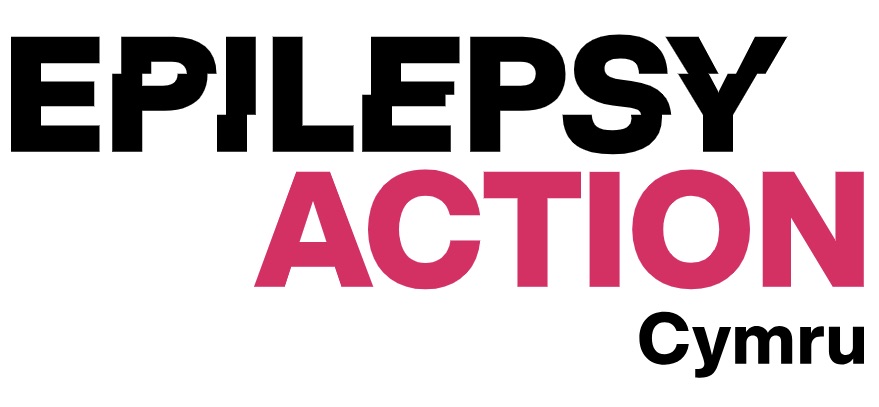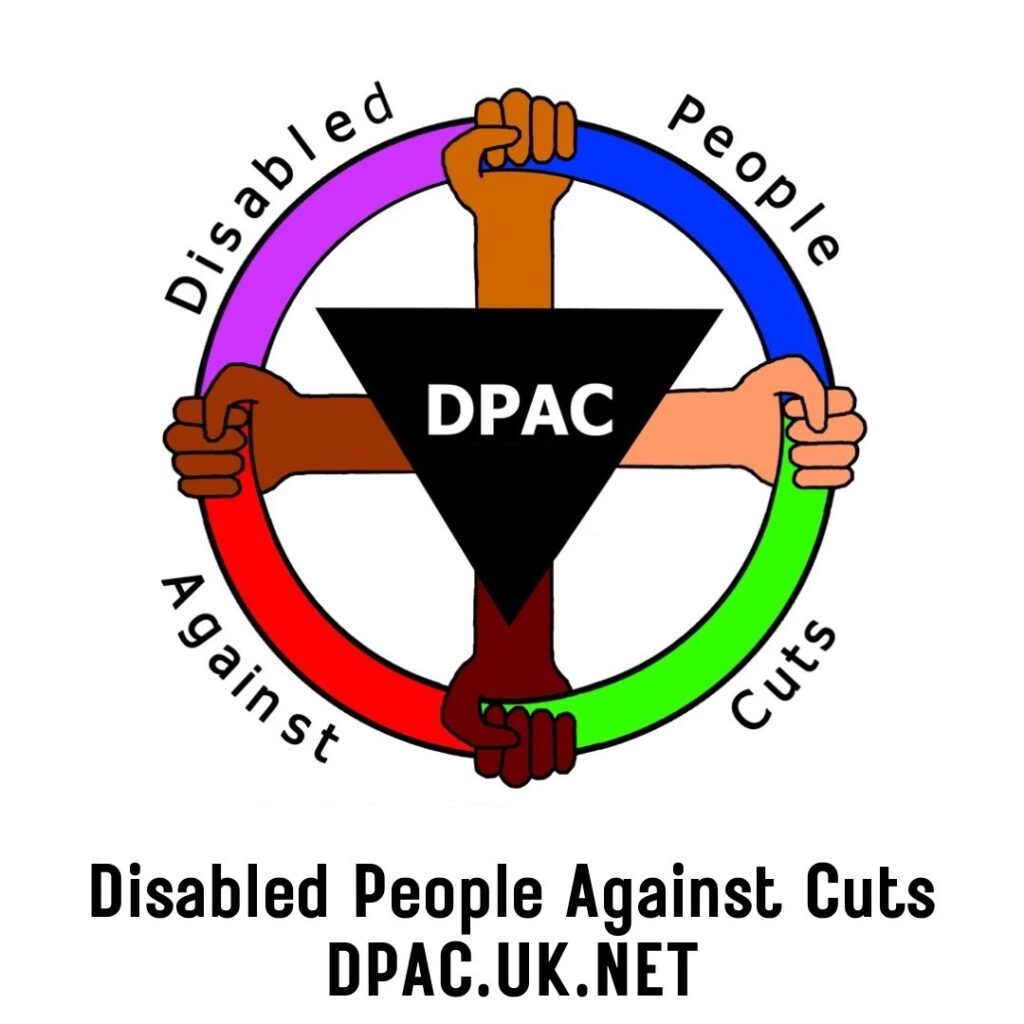For Immediate Release
Fear and anger across Wales as UK Government’s heartless cuts to disability benefits slashes support and regresses rights
A week after the UK Government published its Pathways to Work: Reforming Benefits and Support to Get Britain Working Green Paper, the Chancellor confirmed in her Spring Statement plans for devastating cuts to disability benefits.
The £5bn benefits ‘crackdown’ will leave many disabled people in Wales considerably worse off without fundamentally tackling the systemic barriers to employment and independent living.
Forecasts indicate that, under these proposed changes, disabled people could lose up to £4,500 a year due to reductions in their Personal Independence Payments (PIP). Alarmingly, around 375,000 individuals across the UK may become ineligible for PIP altogether. The implications of these cuts are deeply concerning for the 25% of Wales’ population who are disabled.
For many, PIP is a crucial source of financial support that helps cover essential disability-related costs such as mobility aids, personal care, transport and other vital resources. It is an enabler, allowing disabled people to live independent lives, access work, maintain their dignity and participate in society. Reducing PIP would significantly diminish the quality of life for countless disabled people, creating further barriers to inclusion and independence.
The Government is embellishing its mission to save money with claims that benefit cuts will act as an incentive for more people to gain employment without recognition or any clear plan to tackle wider inequalities faced in the workplace, independent living, education and transport.
Cutting vital financial support will further exacerbate hardships faced by disabled people courtesy of 14 years of austerity and the impact of the Covid-19 pandemic and cost-of-living crisis.
It costs significantly more for disabled people to live and the highest level of PIP, which is currently around £737 a month, is often insufficient to cover these additional costs. The fear, then, is that stripping away this lifeline will lower disabled people’s living standards and plunge even more people into poverty.
Concerns are also rife for young disabled people who will not be eligible for the health element of Universal Credit until they are 22-years-old. This will leave many without vital financial support and force people to look for work in an inaccessible and unequal system.
These systemic inequalities are deeply embedded in the benefits system itself. Many disabled people have already lost their lives due to the cruelty of the existing system, and there is widespread fear that further unjust changes could push more disabled people not into employment, but into grave hardship.
Rhian Davies, Chief Executive of Disability Wales said:
“The PIP benefit is a good example of a progressive approach to recognising and addressing the additional costs faced by disabled people in everyday life and is an investment in a more inclusive society. In Wales, through the work of the Disability Rights Taskforce we have been identifying other ways to tackle barriers to exclusion, however the UK Government’s cruel and regressive plans will undermine all this by increasing poverty and inequality.”
Wales has the highest number of PIP claimants, and yet the UK Government has not published an impact report to explore the consequences of the proposed cuts here. Disability Wales is therefore calling on the Senedd’s Equality and Social Justice Committee to launch an inquiry to ensure that disabled people in Wales are not forgotten.
PIP plays an essential role in supporting disabled people’s ability to work. Cutting this support is therefore counterproductive and undermines disabled people’s ability to participate in society, including in the workforce. We must ensure that the welfare system supports disabled people, rather than penalising them.
The impact of political decisions on disabled people is often disregarded which is why we need more disabled people in positions of power. DW calls on disabled people in Wales who are interested in getting involved in politics, including standing for Elected Office at a local and national level in Wales, to join its Access to Politics Grassroots network.
These cuts not only threaten the livelihood of disabled people but also risk further erosion of rights and equality.
In light of these proposed reforms, Disability Wales and our allies are calling on the UK Government to reconsider its approach. We urge decision-makers to protect disability benefits to ensure that disabled people across Wales can continue to live, work, and contribute to society without fear of losing the support they rely on.
NOTES TO EDITORS
- Disability Wales (DW) is the national association of Disabled People’s Organisations striving for the rights and equality of all disabled people.
- For media enquiries, please contact miranda.evans@disabilitywales.org
- ‘Barely Surviving’ (2023) is a report published by Disability Wales to highlight the impact of the cost-of-living crisis on disabled people in Wales
- The Access to Politics Grassroots Network aims to get more Deaf and disabled people interested and involved in politics, including standing for Elected Office at national and local level in Wales: https://www.disabilitywales.org/projects/access-to-politics/
SOLIDARITY STATEMENT
The following organisations have already signed this statement in solidarity:
Disability Wales
All Wales People First
Wales Council of the Blind
Wales Council for Deaf People
Learning Disability Wales
MS Society Cymru
Vision Support
Autistic UK
The Autistic Women’s Empowerment Project
Epilepsy Action Cymru
All Wales Forum
Disabled People Against Cuts












To add your organisation and logo to the statement, please email miranda.evans@disabilitywales.org



